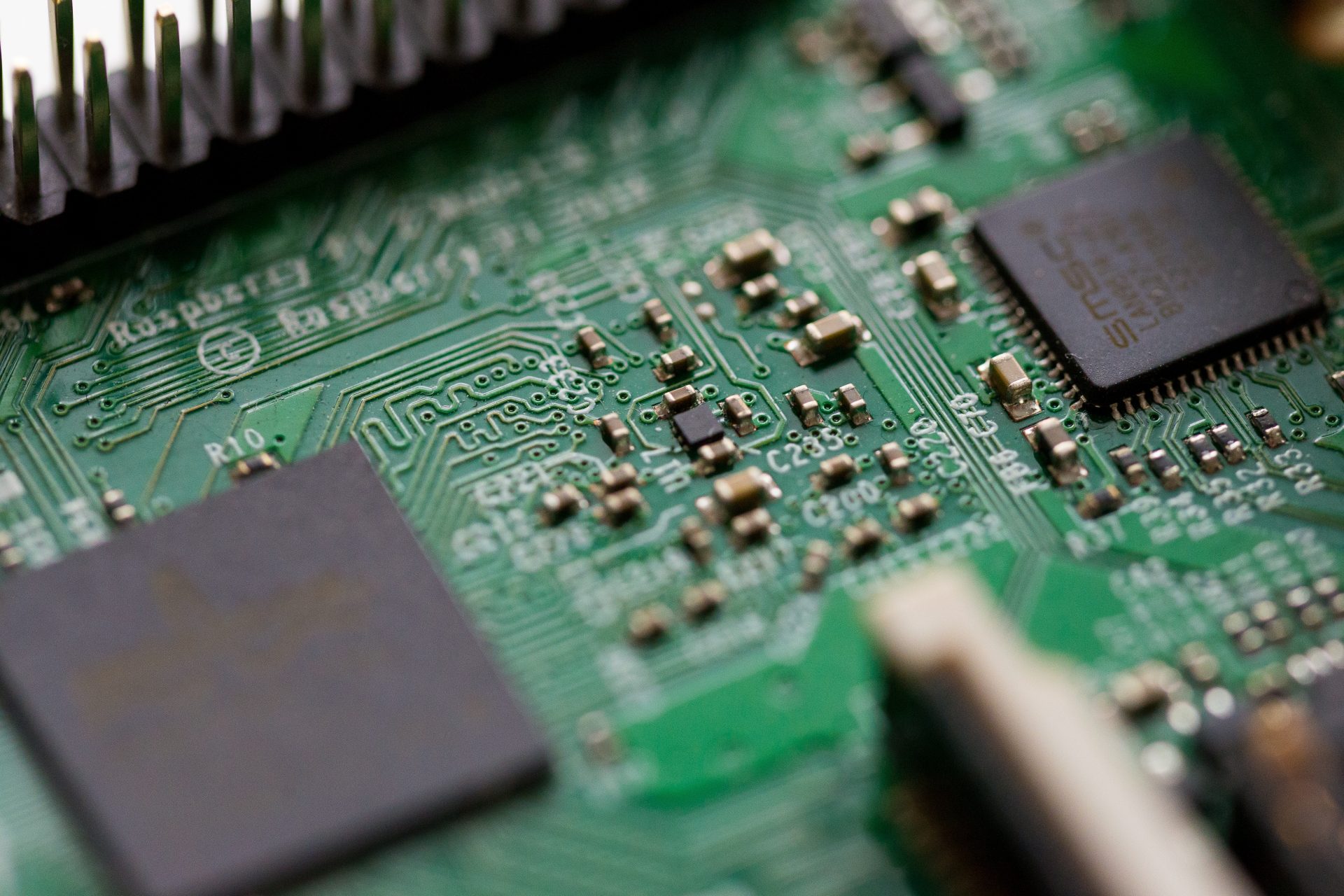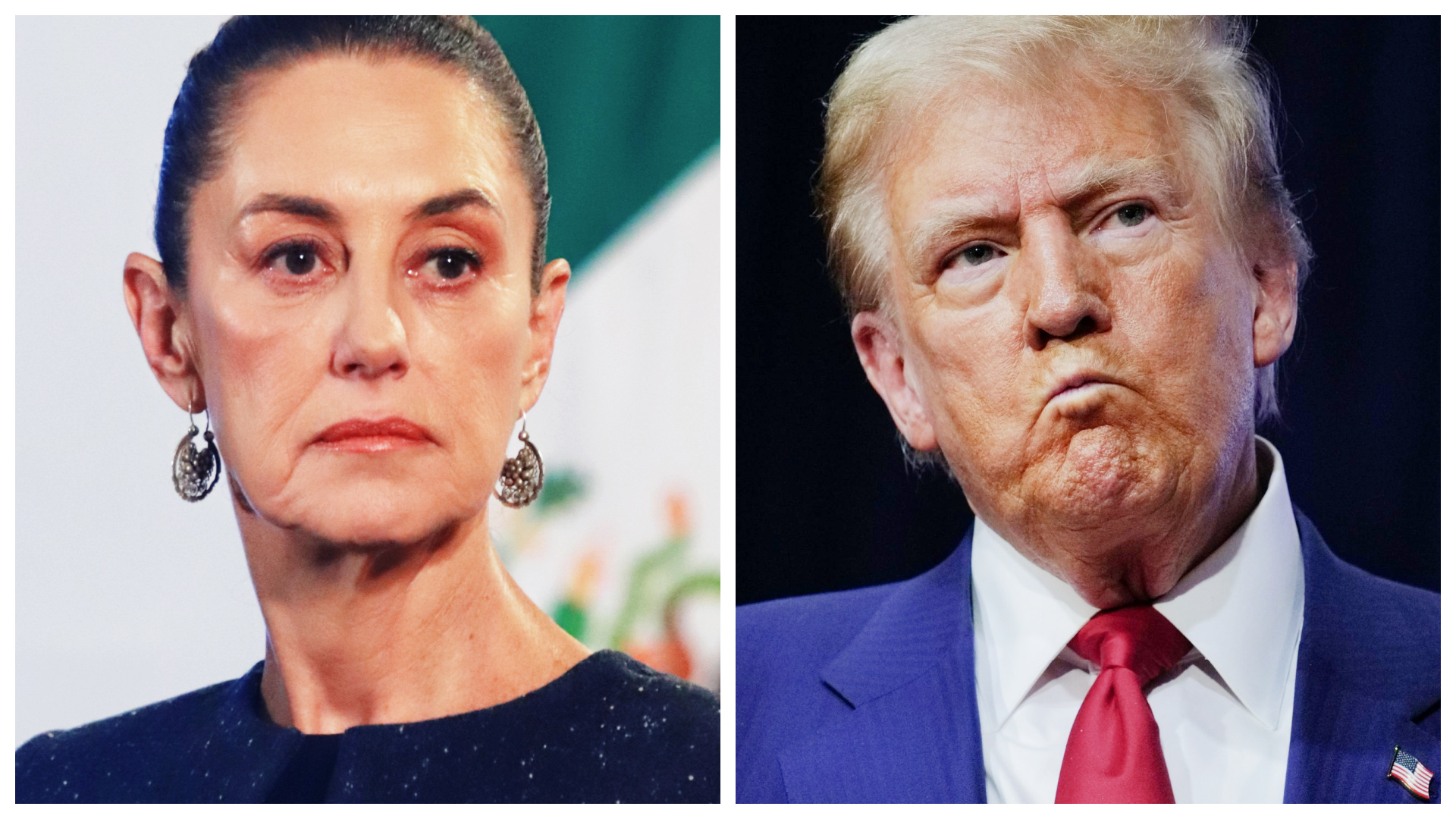The tech 'cold war' between the US and China warms up
The tension between China and the United States grows and, economically, there is an open conflict involving both superpowers and their allies.
Technology has been a point of contention between both countries, with a little computer piece being a major bargaining chip.
Image: cdr6934 / Unsplash
The New York Times reports that the United States government is seeking measures to restrict microchip technology developed in the United States to serve China's military ambitions.
At the center of this controversy is RISC-V, a state-of-the-art microchip that has been used by Meta to work on AI and announced by NASA to serve for future space travel.
RISC-V, whose information is easily accessible online, has become an important element in China's attempt to match the United States in the field of semiconductors. This has become a cause of concern in Washington.
Bloomberg has collected extensive information about how the United States, Japan, and the Netherlands are uniting against China to impose joint restrictions related to chip fabrication.
Specifically, the agreement signed on January 2023 between the three countries tries to prevent exporting to China advanced technology that would allow Beijing to fabricate state-of-the-art chips that they then could export around the globe.
Photo: Unsplash - Brian Kostiuk
According to CNN, in March 2023 the Dutch government approved US-backed provisions to limit the export of semiconductor technology. The reason? National security.
The goal of this US-led initiative is clear: Reduce China's production in this area, since Beijing virtually controls the market, and make the rest of the world less dependent on Chinese microchips.
Photo: Unsplash - Umberto
The Wall Street Journal commented that, under this agreement, the Dutch company ASML Holding NV wouldn't be able to export its deep ultraviolet lithography machines to China for the fabrication of semiconductors.
Photo: AMSL
A representative of the Chinese Foreign Minister quickly gave an answer without specifically mentioning the United States: “China will take all necessary countermeasures to protect our legitimate rights and interests”.
Several media outlets pointed out that the Japanese maker Nikon Corp. will also face similar restrictions in the shipment of machinery to China.
Reuters reported that these restrictions affected companies in Japan and the Netherlands in the short term.
Meanwhile, The Japan Times writes that South Korean companies such as Samsung and SK Hynix have found themselves in the eye of the storm, with their production bases in China suffering from these regulations.
Japan and South Korea have announced a closer collaboration on technology, with Samsung planning to build a new chip research and development center in Japan. Other chipmakers are following suit as their future in China looking less clear.
The deal pushed by the Biden administration could focus on the use of these semiconductors for Artificial Intelligence and machine learning, perhaps for military purposes, among others.
Photo: Unsplash - Mihai
The United States needs a large quantity of state-of-the-art microchips to keep a technological edge over its rivals.
Especially if you factor in that these chips are necessary for the development and fabrication of mobile devices and smartphones in the United States.
The United States, Japan, and the Netherlands are probably aware that their deal will reduce China's advantage in the industry for a while.
However, as AMSL CEO Peter Wennink has acknowledged, they are also aware that China will eventually develop its own advanced technology to manufacture these ultraviolet lithography machines.
Photo: AMSL
AMSL is an essential company in the microchip production industry thanks to its flagship machine, which is capable of making denser, more compact microchips smaller than 2 nanometers.
Photo: ASML
Companies like Samsung, Intel and Apple rely on ASML's technology since it's currently the most powerful microchip on the market.
Manufacturing one of these High-NA EUV scanners costs over 300 million US dollars per unit. An important amount of money in business investments that growing tensions with China could jeopardize.
Photo: ASML
The United States seems to stick to its guns with a blockade in all but name against China, while Japan and the Netherlands follow the leader.
But some media outlets question whether the restriction pushed by the United States will be able to fully ban highly-profitable opportunities between technology companies and their main client.
More for you
Top Stories






































